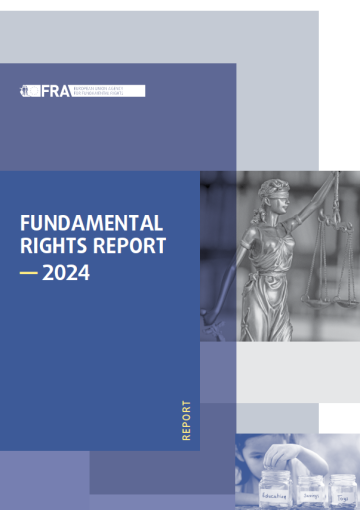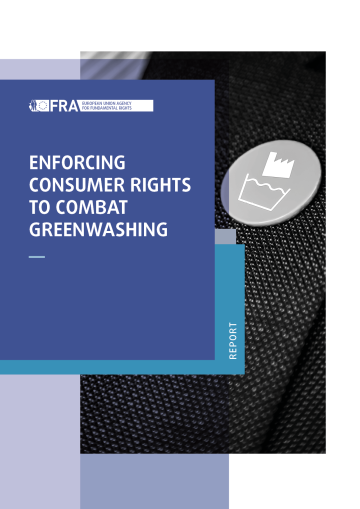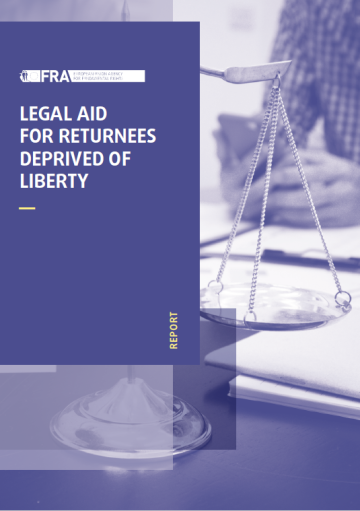Article 191
(ex Article 174 TEC)
1. Union policy on the environment shall contribute to pursuit of the following objectives:
- preserving, protecting and improving the quality of the environment,
- protecting human health,
- prudent and rational utilisation of natural resources,
- promoting measures at international level to deal with regional or worldwide environmental problems, and in particular combating climate change.
2. Union policy on the environment shall aim at a high level of protection taking into account the diversity of situations in the various regions of the Union. It shall be based on the precautionary principle and on the principles that preventive action should be taken, that environmental damage should as a priority be rectified at source and that the polluter should pay.
In this context, harmonisation measures answering environmental protection requirements shall include, where appropriate, a safeguard clause allowing Member States to take provisional measures, for non-economic environmental reasons, subject to a procedure of inspection by the Union.
3. In preparing its policy on the environment, the Union shall take account of:
- available scientific and technical data,
- environmental conditions in the various regions of the Union,
- the potential benefits and costs of action or lack of action,
- the economic and social development of the Union as a whole and the balanced development of its regions.
4. Within their respective spheres of competence, the Union and the Member States shall cooperate with third countries and with the competent international organisations. The arrangements for Union cooperation may be the subject of agreements between the Union and the third parties concerned.
The previous subparagraph shall be without prejudice to Member States' competence to negotiate in international bodies and to conclude international agreements.










